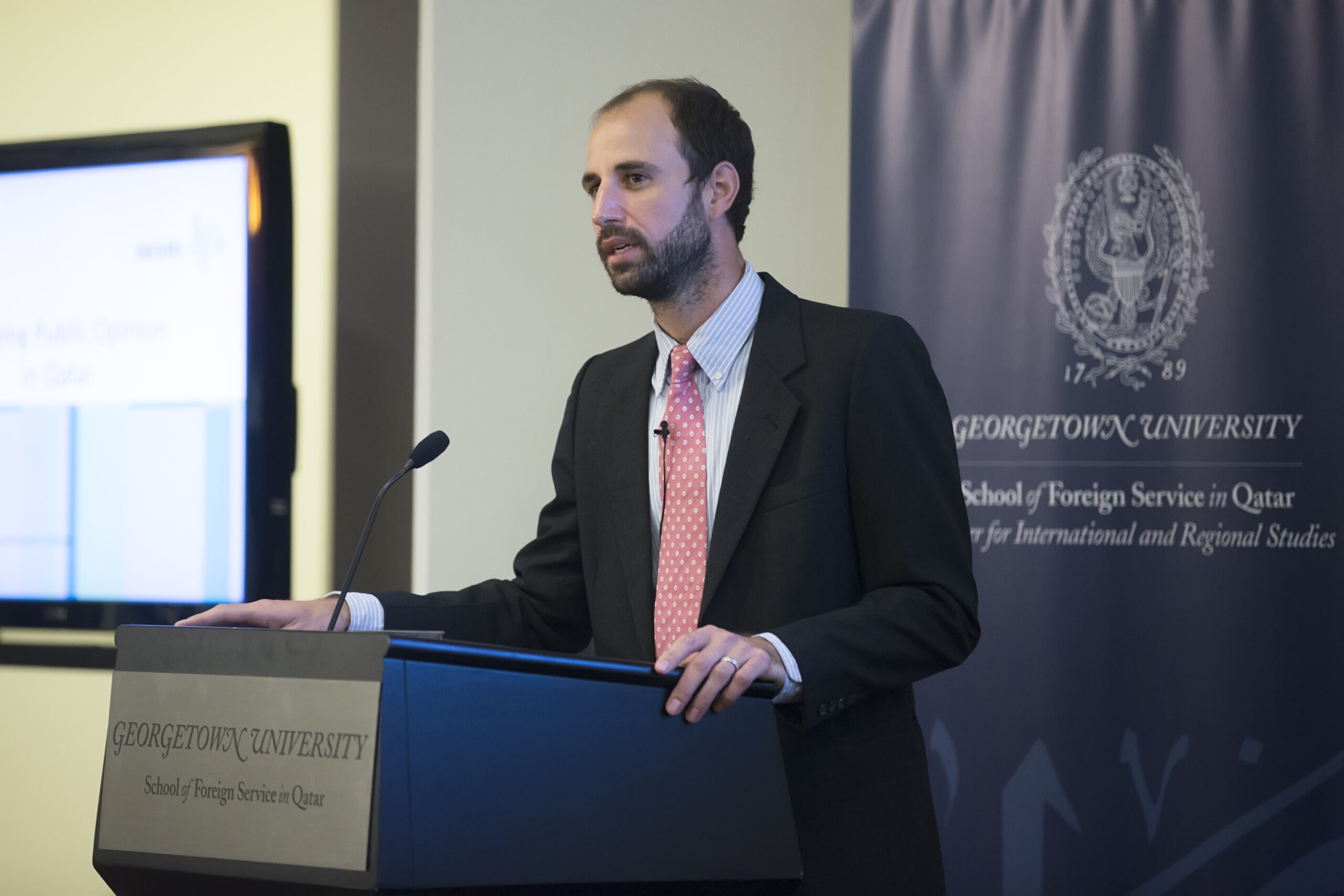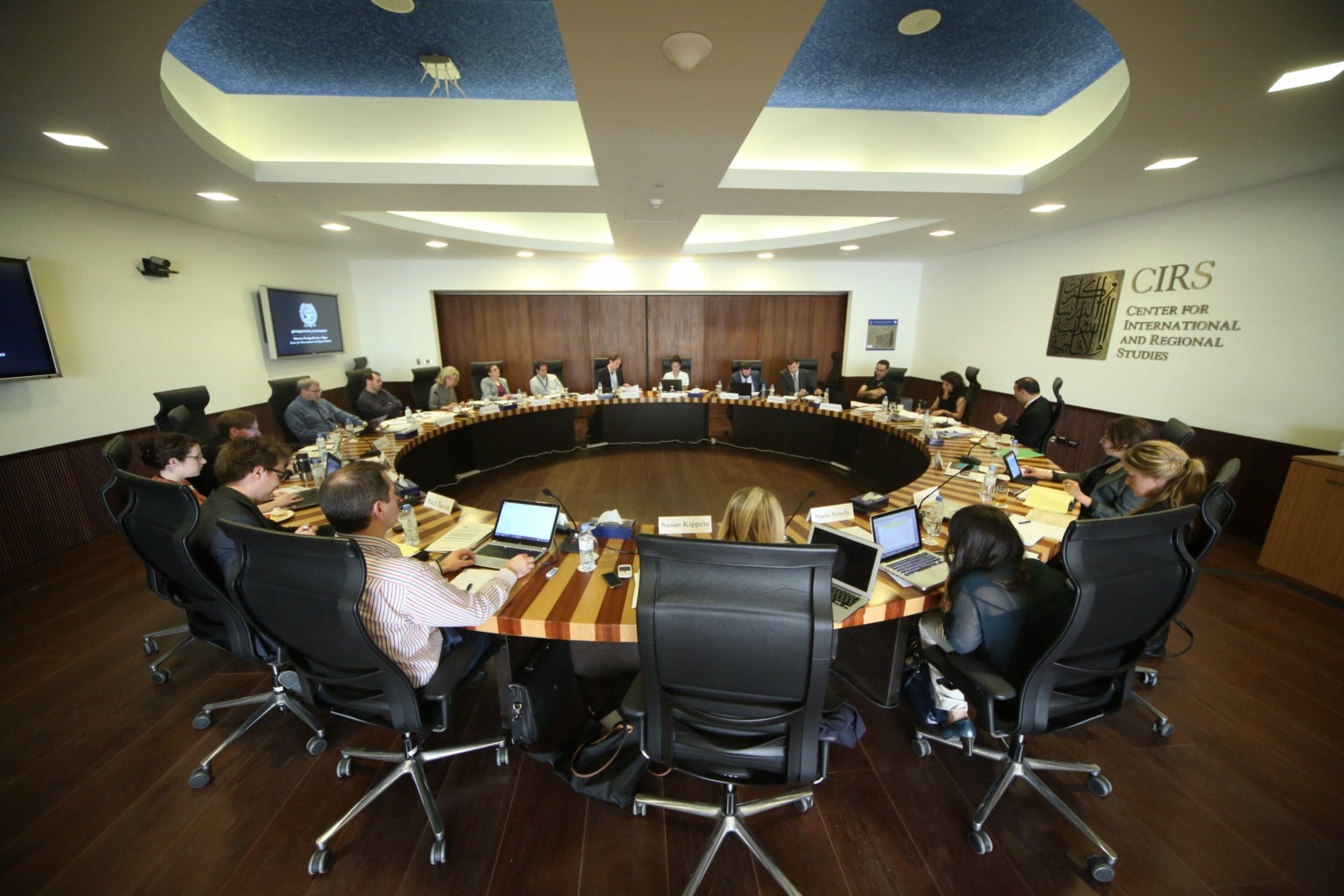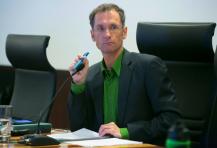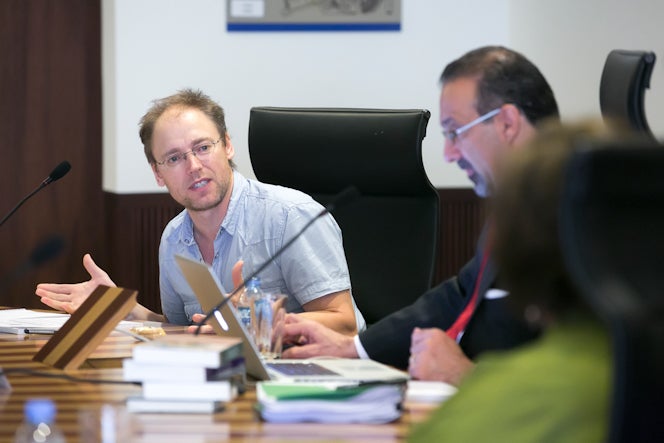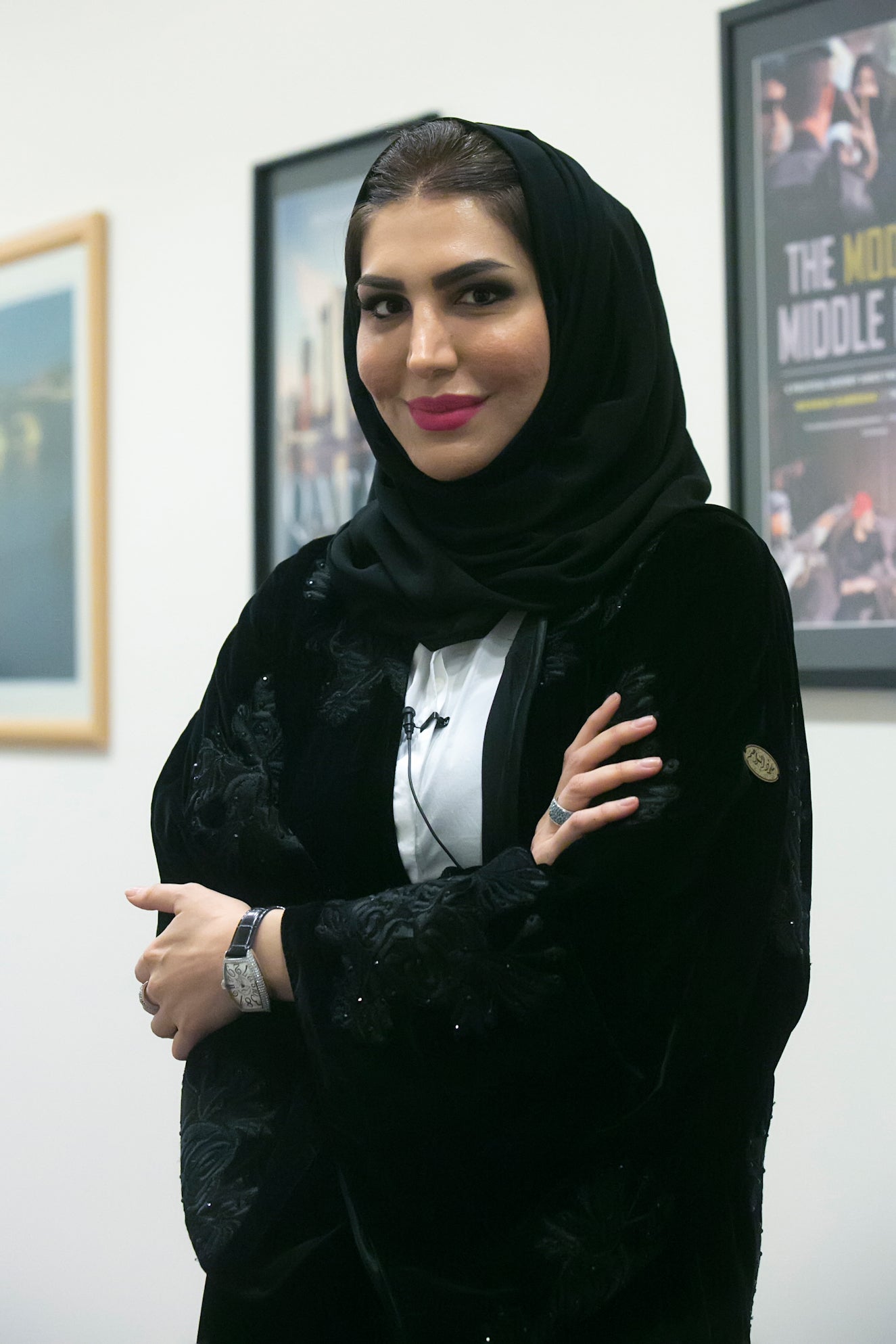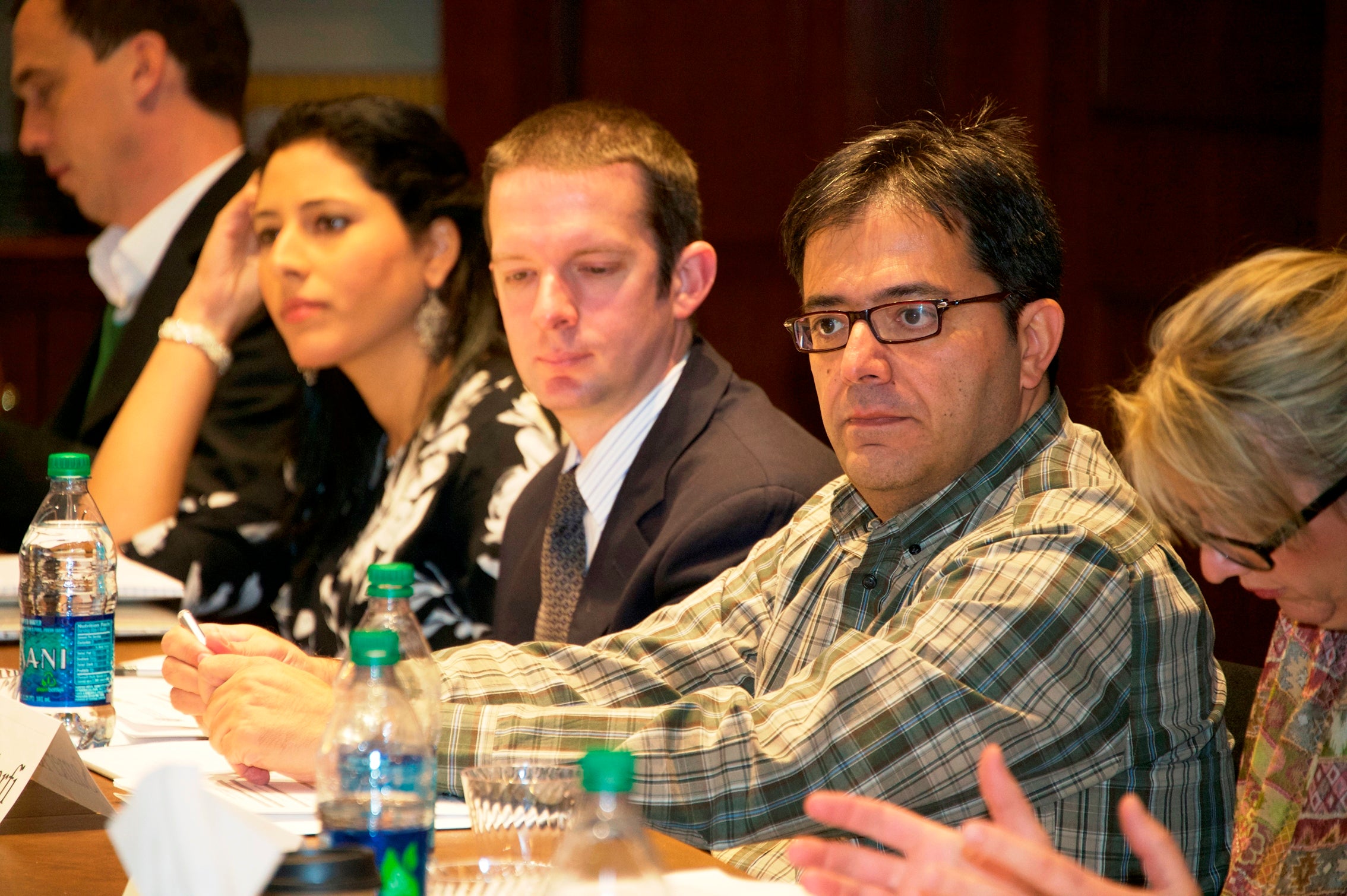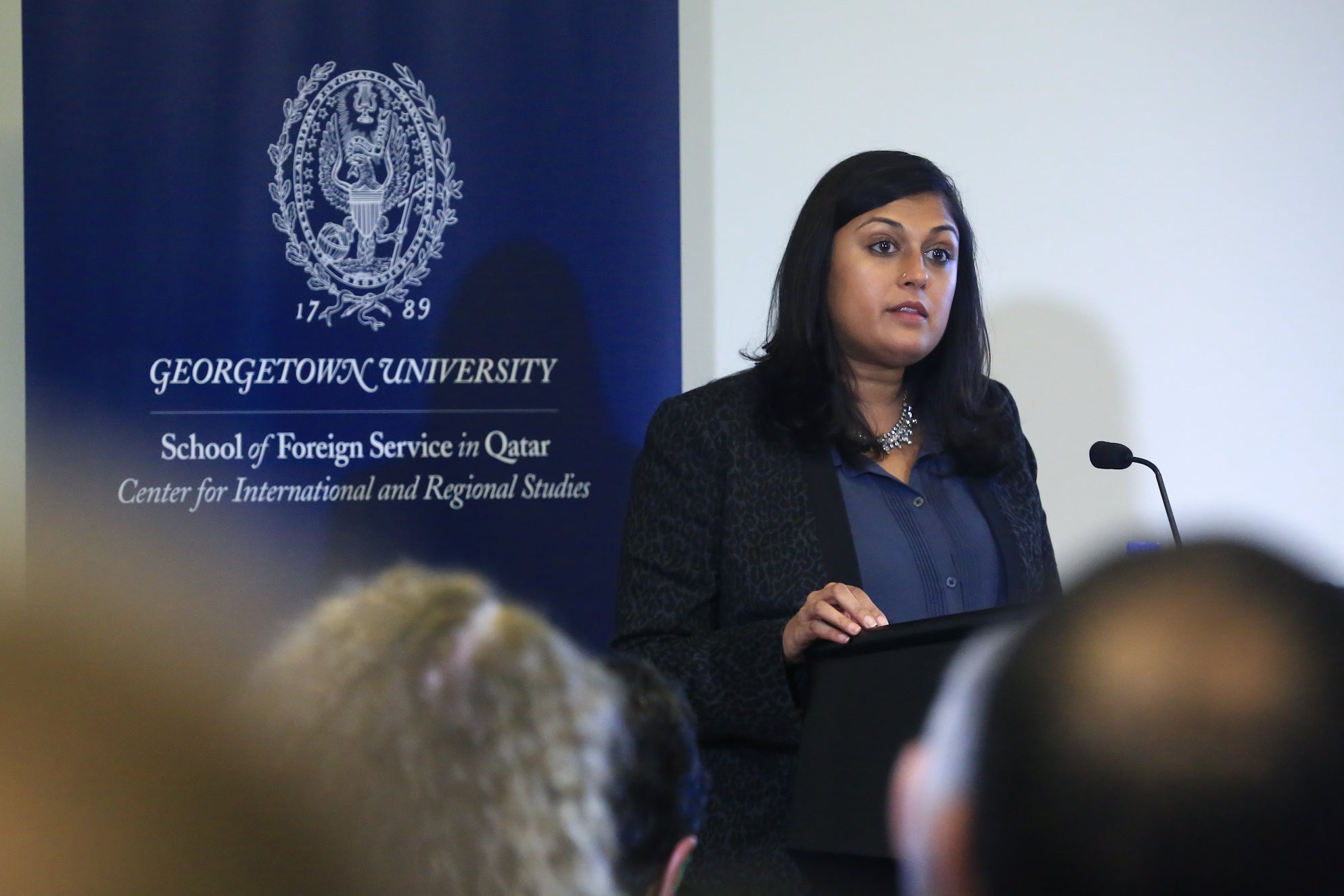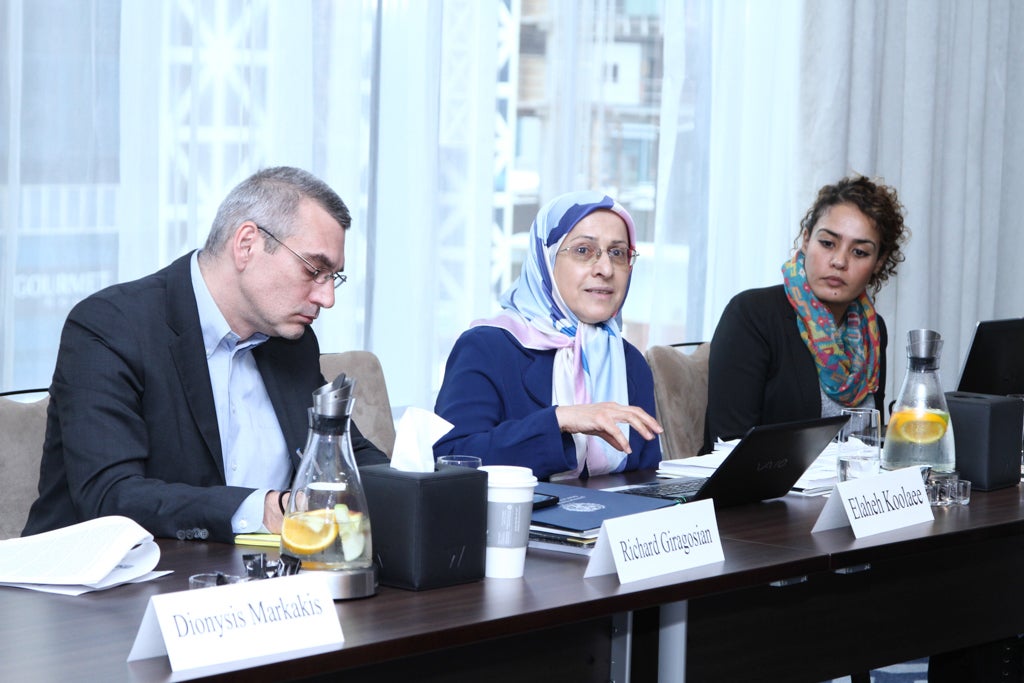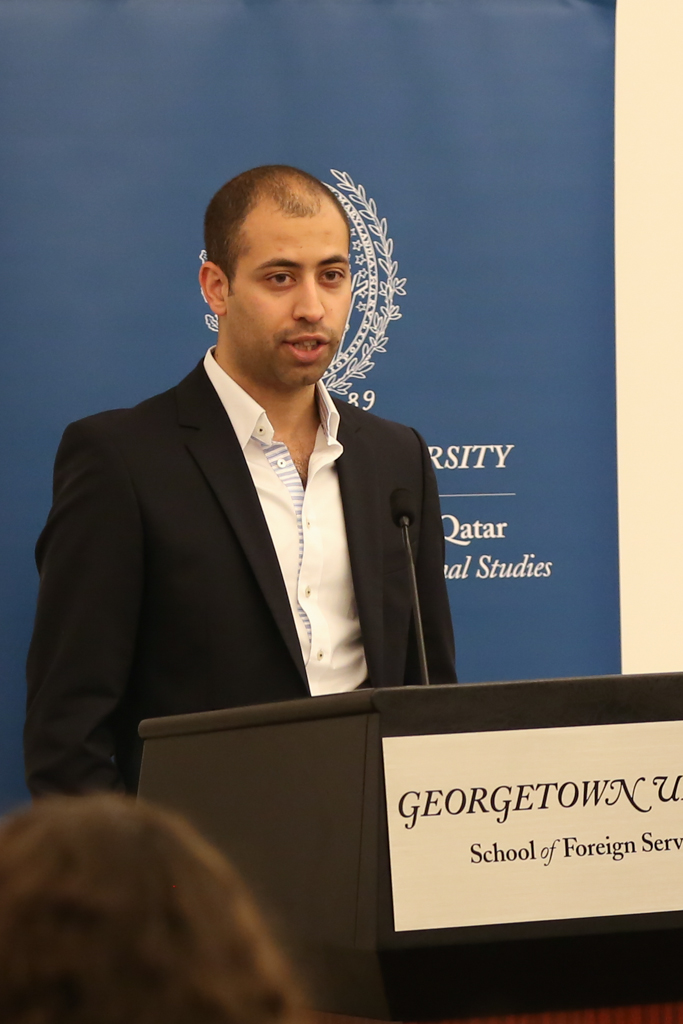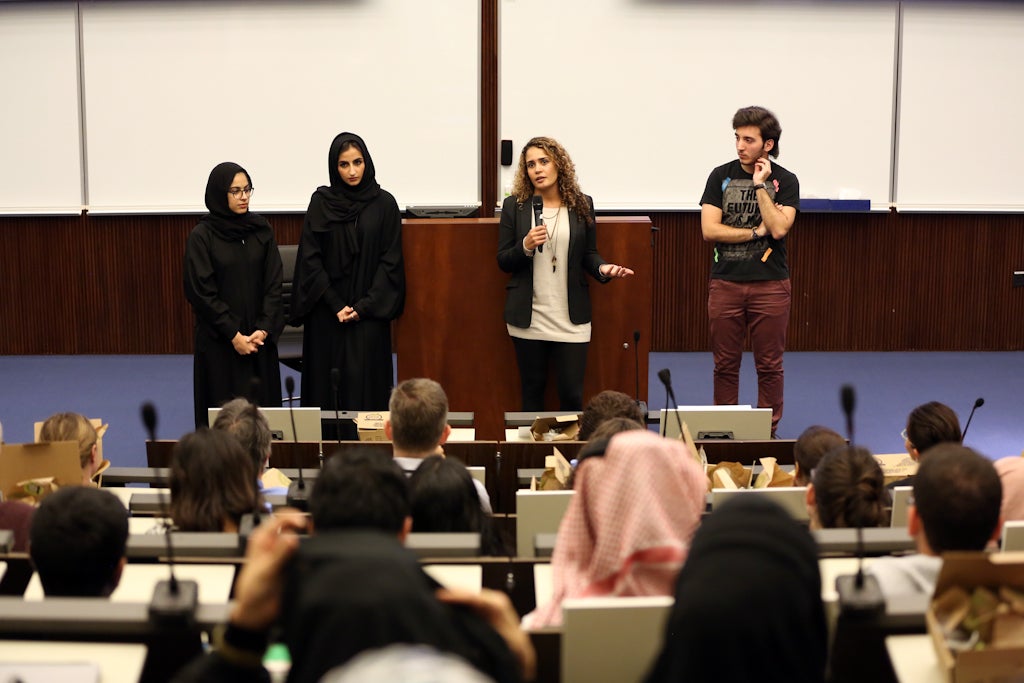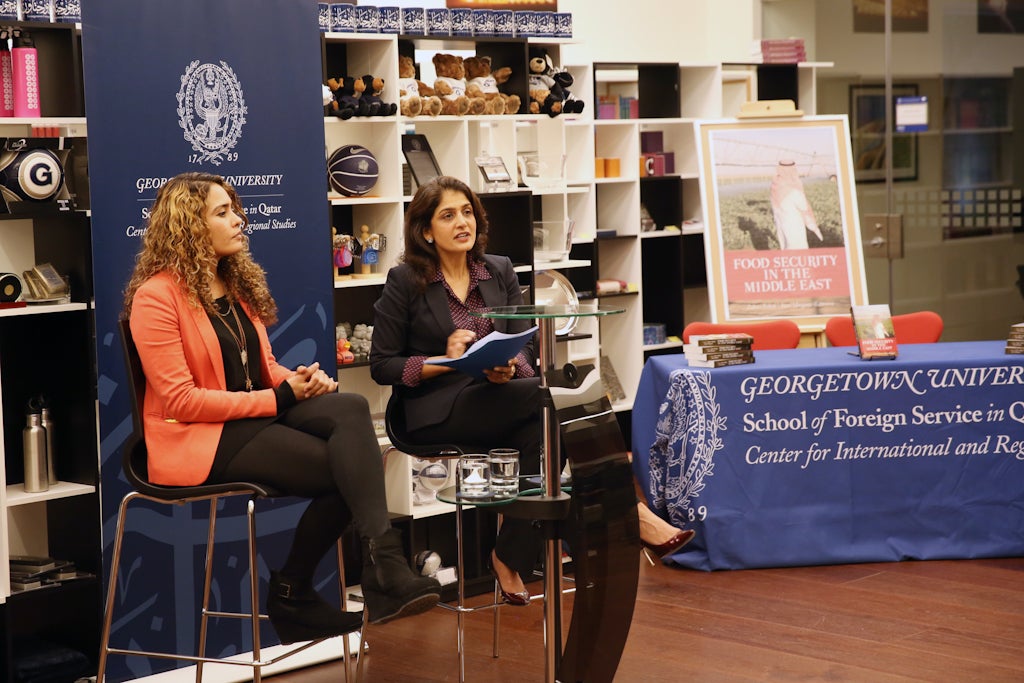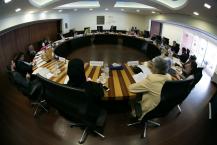
The Digital Middle East: Working Group I
On September 27-28, 2014, CIRS held the first Working Group on “The Digital Middle East” research initiative. Academics from various backgrounds gathered for this first meeting to discuss their research findings and papers around the Digital world in the Middle East. The topics ranged from the effects technology has had on the Arab uprisings to state…
